My first archival experience was a mere email exchange. It was June 2020, and no one was leaving their residence, much less making archival trips across the country. I was in Seattle, WA, working on an undergraduate thesis focused on analyzing Sylvia Plath’s poems, and I desperately wanted to look at drafts of some of the poems I was writing about. Without much hope, I wrote to the archivist at Smith College, located across the country in Massachusetts. To my great delight, she quickly and generously responded—sharing materials she had already scanned and had on hand. These drafts radically changed the direction of my project, and from that point forward, I have been fascinated with archives and the records, objects, and encounters they can hold.
With the support of Sigma Tau Delta’s Lambda Iota Tau (LIT) Research Grant, I was able to spend a portion of my summer this year immersed in archival research. My graduate research interests have brought me even closer to the archival realm as I examine questions of publication history. Emily Dickinson’s posthumous publication serves as an original point of inspiration for me, and I rapidly realized such a study would require a trip to visit the Emily Dickinson Collection at Amherst College. Upon my arrival, the kind Amherst archivists rolled out a large trolley of early Dickinson publications, allowing me to page through them myself. As I sat with these early editions, I couldn’t help but consider how different this in-person archival experience was from my first encounter with an archive three years earlier. There I was, comparing the different bibliographic codes—colors and materials of the covers, different gildings, papers used for the pages—of these printings, a task that would be impossible remotely. For me, the archive had become a necessity—a realization crystalized in that moment—both for the completion of my degree and to sate my ever-voracious intellectual curiosity.
 While visiting Amherst, I was also able to encounter Dickinson through the town where she lived her entire life. I toured the Dickinson Homestead, meditating on her work and my own, and visited her grave. On a different occasion, I even found myself wandering through the Smith College campus, just a twenty-minute drive away from Amherst College, trying to peak into Lawrence House, Plath’s dormitory. Dickinson and Plath lived their lives, at least partially, in these places, so it is fitting in many ways that pieces of their material legacies should also find themselves residing in these Massachusetts towns. For me, as an aspiring scholar and poetry devotee, this trip not only served me well academically, but also gifted me another layer of insight into the lives of two women I greatly admire.
While visiting Amherst, I was also able to encounter Dickinson through the town where she lived her entire life. I toured the Dickinson Homestead, meditating on her work and my own, and visited her grave. On a different occasion, I even found myself wandering through the Smith College campus, just a twenty-minute drive away from Amherst College, trying to peak into Lawrence House, Plath’s dormitory. Dickinson and Plath lived their lives, at least partially, in these places, so it is fitting in many ways that pieces of their material legacies should also find themselves residing in these Massachusetts towns. For me, as an aspiring scholar and poetry devotee, this trip not only served me well academically, but also gifted me another layer of insight into the lives of two women I greatly admire.
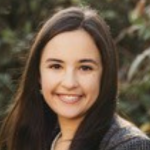 Nicole Salama
Nicole Salama
Lambda Iota Tau (LIT) Research Grant Recipient, 2023
Alpha Epsilon Mu Chapter
Loyola University, Chicago, IL
Lambda Iota Tau (LIT) Research Grant
Lambda Iota Tau (LIT) Research Grants are designed to support individual members at the undergraduate or graduate level as they complete original research that furthers the goals of the Society. Grant money of up to $1,000, with up to $500 for runners-up, will support travel to and use of archives or collections important to their research. The winning applicants will demonstrate the relevance of the research to English and English-related fields and may also describe the effect on current coursework, future research, or career pursuits.
Applications Open: March 11 – April 15, 2024—All research travel and the resulting written or presented outcome must be completed before May 2025.
Past LIT Grant Recipients
My LIT Grant Adventures in the Alice Archive
Turning Pain into Poetry with a LIT Grant
An Idea, An Idea—A LIT Research Grant
Discarded Garbage: Poetic Images of Humanity
Writing On Both Sides, A Tale of Literary Obsession
What Do I Write?


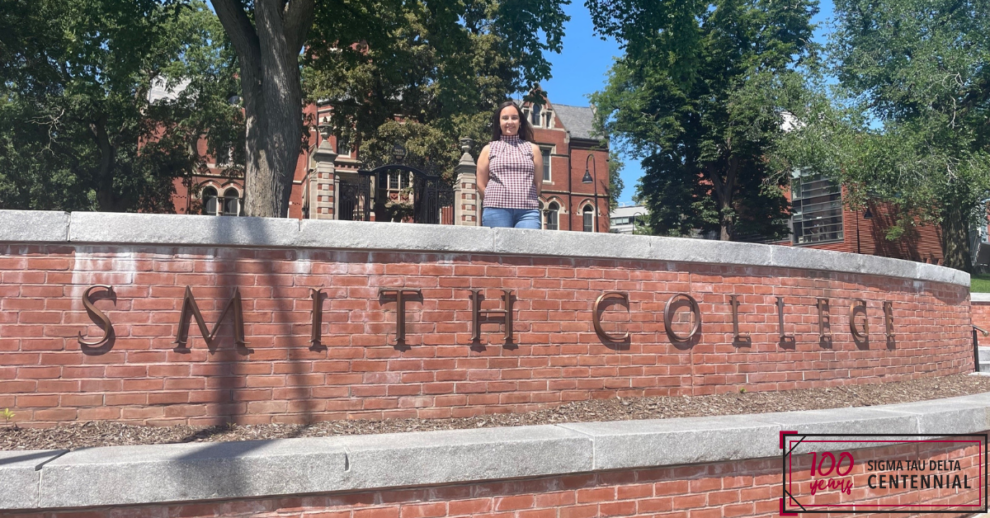

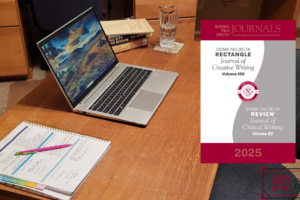
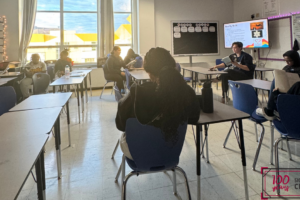
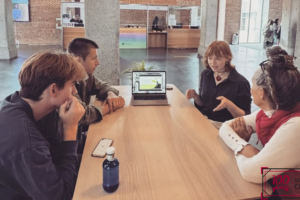
Add Comment